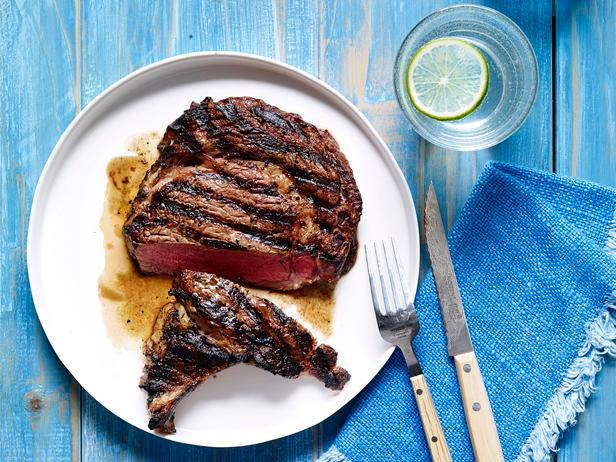DapperJong
Cancelled
- Feb 11, 2015
- 42,844
- 82,918
- AFL Club
- Essendon
- Other Teams
- Juventus
People have already said it, but yeah depends on the meat.
If you live on nothing but wild Bison, you'll be a prime specimen that I will turn gay for.
If you live on nothing but wild Bison, you'll be a prime specimen that I will turn gay for.






